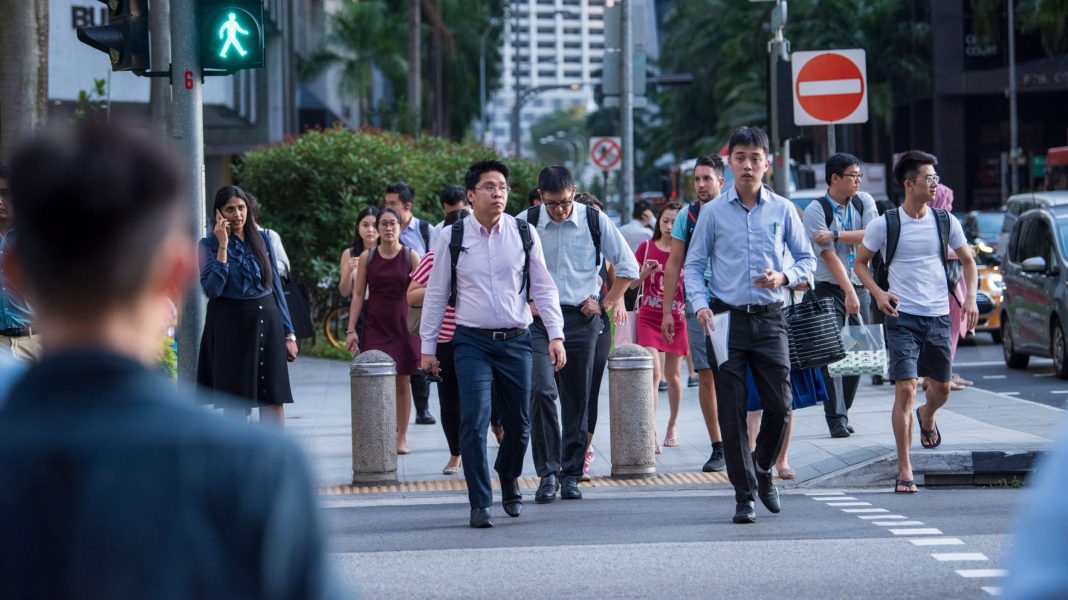INTERNATIONAL: As employers worldwide grapple with a growing skills gap, many are adjusting their hiring practices by increasing experience requirements for entry-level positions. A new report from Deloitte reveals that 61% of employers have raised their experience expectations in the past three years, with many entry-level roles now demanding two to five years of prior experience. This shift reflects the growing frustration businesses face in finding candidates who meet their skill and experience needs.
The growing experience gap
Deloitte’s 2025 Global Human Capital Trends report featured in a recent HRD Asia story highlights that employers are struggling to find talent that aligns with their expectations. Two-thirds of managers and executives surveyed noted that recent hires often lack the necessary experience, which has become a critical shortcoming. The report suggests that organisations are finding it increasingly difficult to bridge the “experience gap,” which now seems to be the most significant challenge companies face, surpassing even the skills gap.
As businesses continue to demand more experienced candidates, new graduates and entry-level workers are left caught in a paradox: they need experience to get hired but can’t gain experience without first landing a job. This presents a circular problem that has left both employers and employees searching for viable solutions.
Rethinking experience — a shift in definition
Deloitte points out that the traditional notion of “experience” — the time spent performing specific tasks — no longer fully meets the demands of today’s workplaces. In the current environment, employers require more than just the ability to complete tasks; they need workers who can apply their skills and knowledge in real-world conditions, under pressure, and with the ability to navigate complex situations. Key traits such as curiosity, emotional intelligence, and problem-solving skills have become just as important as technical know-how.
This expanded definition of experience calls for a shift in how organisations think about hiring. Instead of simply looking at the number of years worked, employers are increasingly seeking candidates who can demonstrate adaptability, judgment, and the ability to achieve outcomes across diverse contexts.
Solutions to bridge the experience gap
Deloitte’s report emphasizes that companies must take proactive steps to help bridge the experience gap. With both workers and executives agreeing that organisations should do more to provide experiential learning opportunities, businesses are encouraged to rethink their hiring and training strategies.
Leaders are urged to redesign roles to help employees gain experience faster, particularly through experiential learning that allows workers to practise judgment and develop critical skills over time. Furthermore, organizations can look beyond traditional recruiting pools by sourcing talent from external candidates who may offer relevant, albeit unconventional, forms of experience. Deloitte suggests pairing sourcing with opportunities for experiential learning to build talent pools composed of candidates who possess the adaptability and judgment typically developed through experience.
Some recommended approaches for addressing the experience gap include:
- Rethinking the role of experience and formal degrees in hiring decisions.
- Audit recruiting algorithms to ensure they include non-traditional candidates.
- Expanding internship and apprenticeship programs to provide more hands-on learning.
- Partnering with educational institutions to develop pipelines that blend theoretical knowledge with practical experience.
By adopting these strategies, companies can build a more diverse and capable workforce while helping to close the widening experience gap that many employers currently face.
Read related and what Singaporeans say about the matter: ‘Entry-level jobs are disappearing — what can younger Singaporeans do to stay competitive?’ Man asks

